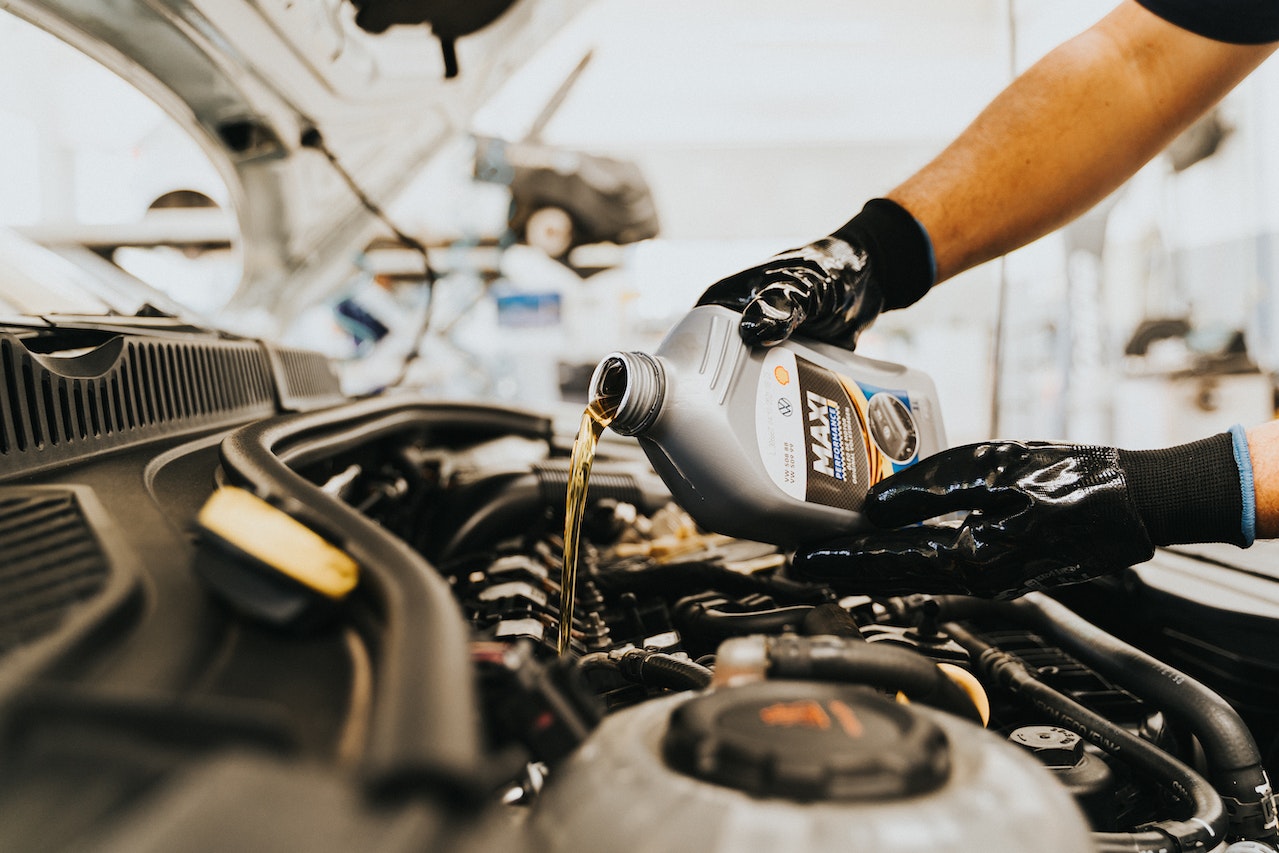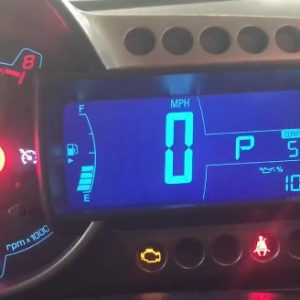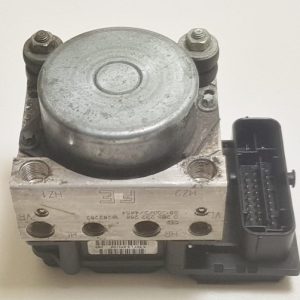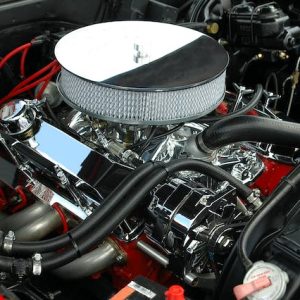The most frequent reasons for excessive oil consumption in a vehicle are leaks or smoke. But when these signs are absent, other factors enter the picture. There would be no puddles under the car, but your oil warning light would turn on. Your initial thought is to replace your oil, but you suddenly notice it’s too soon for another oil change.
If you constantly refill or top up your engine oil, you will incur more costs. If you don’t fix this problem immediately, it can result in severe engine failure, including overheating.
Your car may be dripping oil for a variety of reasons. Let’s discuss the causes and how to address them.
Why is my car losing oil but no leak?
There are typically two reasons a car loses oil but no leak or smoke: either you have a leak, or your engine is burning it off. While you might not notice any outward indications of leaking, less apparent components like a damaged seal or leaky rings could be to blame. Even if there are no outward indications of a leak on the ground, oil loss might still occur. Burning oil smells, but no leak often happens because as automobile ages, the plasticizers are gradually depleted, causing the engine seals to stiffen and shrink.
Also Read: REASONS WHY MY CAR AC ONLY WORKS WHEN DRIVING
Why does my car burn oil, but it doesn’t smoke?
You must check your oil level in the event of considerable oil loss and top it off as necessary. If your engine is heated for a lengthy period or is overheating, there’s a chance that your oil level is falling quickly. In this case, seeing a technician or professional would be advisable.
Having your car pulled off the road is advisable rather than continuing to drive it. While driving, if you notice a significant oil leak but not losing oil, you must stop immediately and turn off your engine. When the oil indicator light is off, start your car and search closest auto repair to inspect the vehicle if you can’t fix the problem.
Why does a car burn oil?
Wear-and-tear parts are frequently the cause of car burning oil. For instance, your car may burn fat due to worn piston rings or valve seals. Piston rings and valve seals prevent engine oil from entering the combustion chamber.
To start your car, gasoline and air are mixed in the combustion chamber and ignited by a spark. Engine oil can seep into this mixture due to damaged components, which results in internal oil burning.
What are the three causes of oil consumption?
OLD ENGINES
The oil consumption is reduced in current engines. The parts of the machine will begin to degrade over time. Small leaks result from this, which causes the engine to utilize oil more quickly.
DEFECTIVE PISTON RINGS
Piston rings seal the space between the piston and the cylinder wall. They increase oil consumption when they are broken or worn out.
WORN GASKETS OR SEALS
In hot fluids and at high temperatures, seals and gaskets perform. Naturally, they deteriorate with time and start leaking engine oil.
FAQS:
How do you fix a car that burns oil?
Find the source of the issue, then resolve it if your automobile is burning oil. Changing the oil won’t help if it’s not the only problem. Excessive oil consumption is frequently a sign of a more severe engine health problem. An experienced mechanic won’t have trouble identifying the problem and cause of excessive engine oil consumption.
Is it normal for engine oil to decrease?
Each engine indeed burns a certain quantity of engine oil. Your car’s owner’s handbook has a definition of precise tolerances. If you go beyond such limits, go to a mechanic.
How long can I drive with burning oil?
Driving as little as possible is preferable for safety reasons and can help you avoid more costly charges. However, if you top off the engine oil when it becomes low, your automobile may continue to run while burning fat. However, issues will inevitably develop.
Does driving at high speeds burn oil?
Oil burning is minimal unless you have additional engine problems, often only valid at high RPMs. Because the surface of the cylinder wall becomes hotter and the tiny bit (or more in your case) of oil the rings don’t scrape away is burnt off more quickly, engines tend to burn more fat at prolonged high speeds and loads. This engine burns oil while driving at a high rate.
Will thicker oil slow oil consumption?
A thicker grade oil, particularly one with a higher operating temperature viscosity, can be utilized to reduce oil consumption. When oil is at its highest temperature and thinnest viscosity, it burns.
CONCLUSION:
It’s essential to be aware of the several ways your car might lose oil. It is necessary to have your automobile evaluated right away after noticing these warning signs. More serious problems might arise due to the vehicle losing oil, but no leak or smoke is visible.
Therefore, keep an eye on your oil level indicator and pull over immediately for an inspection if it drops below the required level. If you can’t have your automobile looked at directly, check your oil level and engine temperature often.





